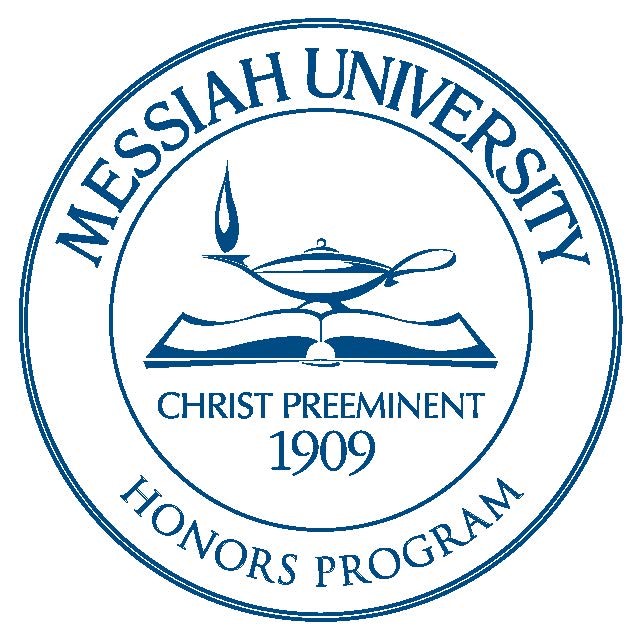Date of Award
Spring 5-2016
Document Type
Open Access Thesis
Degree Name
Bachelor of Science (BS)
Department
Biological Sciences
First Advisor
Dr. John F. Harms
Abstract
Pancreatic cancer is an extremely aggressive cancer with a five-year survival rate of less than 6%, largely due to the lack of early detection and effective treatment options. A better understanding of the mechanisms leading to malignant transformation is necessary to improve patient outcomes. One known contributor to tumor aggression is the cholecystokinin 2 receptor (CCK2R), a G-protein coupled receptor that binds the gastrointestinal hormones CCK and gastrin. A constitutively-active form of the receptor, the intron 4 splice variant (CCK2i4svR), has also been observed in cancer cells. To facilitate studies of CCK2i4svR, a monoclonal antibody specific to an insertion in its sequence was previously generated, characterized, and cited in a 2012 study. Currently, a monoclonal antibody which binds an extracellular site common to all forms of CCK2R is also being developed, as there is no such antibody commercially available. Two anti-CCK2R candidates have achieved clear immunofluorescent (IF) staining with minimal background fluorescence in HEK293 cells transiently transfected with the receptor. Each produced primarily membranous staining patterns, co-localizing with a commercial polyclonal antibody. Detection by IF and immunohistochemistry (IHC) in cell lines and tumor sections expressing lower levels of receptor has been inconclusive to date; positive controls have not yet been verified. Once confirmed for IF, IHC, and Western Blotting, anti-CCK2R will be used to quantify receptor expression in pancreatic, prostate, and colon cancer cell lines and patient tumor samples. This information will be utilized in studies targeting CCK2R for diagnosis and drug delivery.
Recommended Citation
Ritenour, Laura, "Characterizing monoclonal antibodies against the cholecystokinin 2 receptor (CCK2R) and a splice variant for use in pancreatic cancer studies" (2016). Honors Projects and Presentations: Undergraduate. 31.
https://mosaic.messiah.edu/honors/31



Comments
This paper is provided open access to promote scholarship and is intended for personal study and not-for-profit educational use.